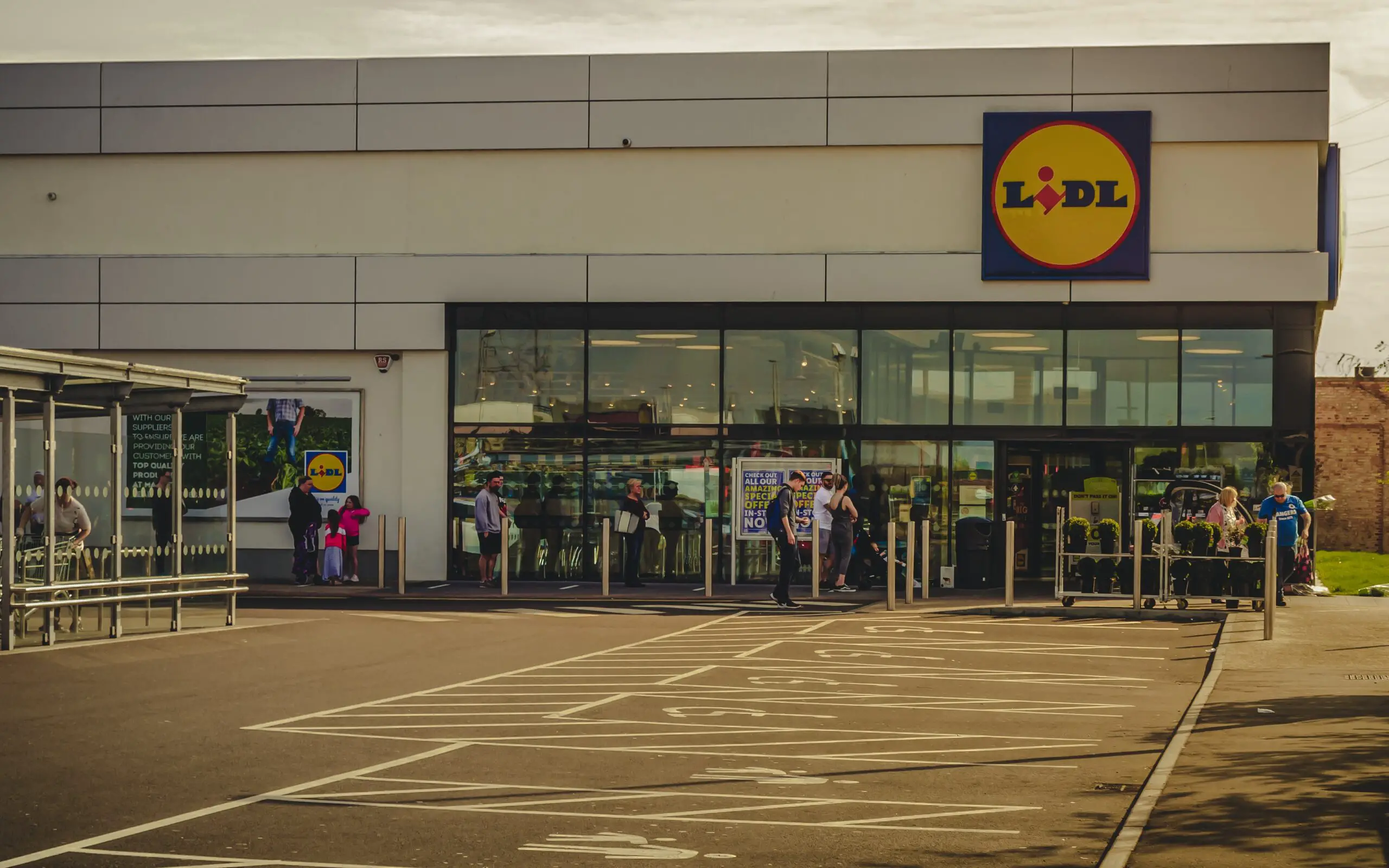Lidl is one of the largest discount supermarket chains all over the world with nearly 12,000 stores in the United States and Europe. Over the years Lidl has been able to successfully expand into several markets and continues to open new stores. Lidl's expansion is good news for consumers who are looking for an affordable place to shop. It has also captured the attention of investors that would like to invest in Lidl stock. But is it possible to invest in Lidl?
As an investor, you may be wondering if Lidl is a good investment and if it is even possible to invest. In this article, we will answer those questions and give you an overview of the company.
Is Lidl publicly traded?
No, Lidl is not a publicly-traded company. It is privately owned by the Schwarz Group which controls Lidl, as well as Kaufland another hypermarket retail chain based in Germany.
What is Lidl's stock symbol or ticker?
Since Lidl is not a publicly-traded company, there is no Lidl stock and it does not have a stock symbol.
Who owns Lidl?
The company is privately owned by the Schwarz Group and its parent company is one of the largest retailers in the world. Dieter Schwarz is the owner of Schwarz Group, however, not much is known about him. As a multi-billionaire, he prefers to stay private and not do interviews.
How can you invest in Lidl?
There is no way to directly invest in Lidl since the company is not publicly traded, and there is no Lidl stock you can buy. Additionally, its parent company Schwarz Group is also privately-held, and the only way to invest in Lidl would be through a deal with its current owner Dieter Schwarz. This is highly unlikely to ever happen.
The only possible way to invest in Lidl or Schwarz Group would be if one of the companies went public. This is also very unlikely since the company has been strong and expanding throughout the years, and if it needed to raise capital it could easily do so by issuing debt.
Are Aldi and Lidl owned by the same company?
No, Lidl is owned by the Schwarz Group while Aldi is owned by the Albrecht family. Both companies are German discount supermarket chains. However, they are not affiliated with each other.
They share similar names and confusion can arise because both companies were founded in the same country. Despite this, the two supermarket chains are not related.
The similarities between Lidl and Aldi are often noted by shoppers. Many people believe that Lidl copied Aldi and vice versa. Both companies were founded in Germany, and they both sell mostly private-label products.
They also have similar store layouts and they both focus on low prices. However, when it comes to ownership, history, and operations, the two companies are very different. Lidl is owned by the Schwarz Group, which is a publicly-traded company.
Aldi, on the other hand, is owned by the Albrecht family, which is a private company. The two companies also have different philosophies when it comes to operations. Lidl focuses on expanding its store base and offering a wide variety of products.
Aldi, on the other hand, focuses on a no-frills shopping experience and keeping its prices low. So, while the two companies are similar in terms of their business model, they are quite different when it comes to ownership and operations.
Does Lidl own Aldi?
No, Lidl does not own Aldi because they are two different companies. This means that Lidl is not a subsidiary of Aldi. While the two companies are similar in many ways, they have different ownership structures. Lidl is owned by Schwarz Group, while Aldi is owned by a family
Are Lidl and Trader Joe's owned by the same company?
No, Trader Joe's is owned by Aldi Nord while Lidl is owned by the Schwarz Group. They are separate entities. However, both companies offer similar services such as discount grocery items.
Will there be a Lidl stock IPO?
There are no plans for a Lidl stock IPO in the near future. However, this could change if the company's ownership structure changes. For now, Lidl is a privately-owned company, and since the company seems to be doing well financially it does not need to raise capital. The company has also been growing using its own capital, and it does not seem likely that it would require outside capital in the near future. However, this could change in the near future.
Conclusion
Lidl remains one of the largest retailers worldwide with a strong global presence. Although the company is still private it does not mean that one day it won’t go public. Investors looking to have an equity stake in the business should look to invest elsewhere as it does not seem likely that Lidl will ever go public in the near future.

